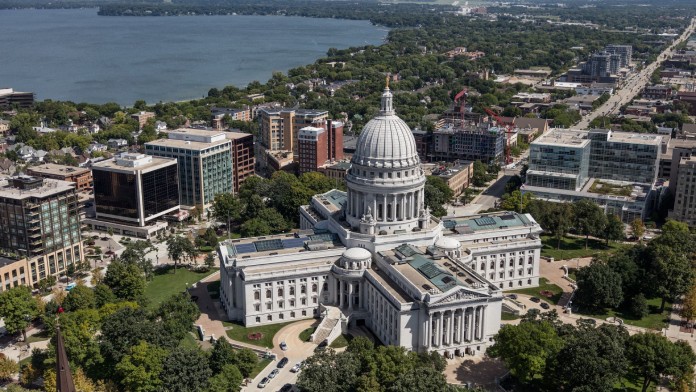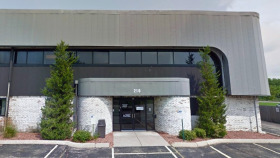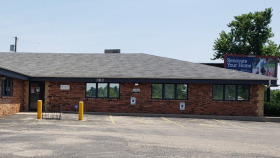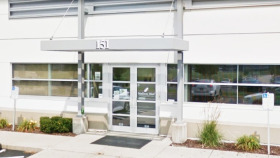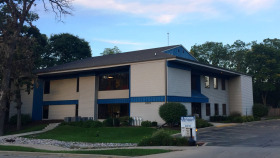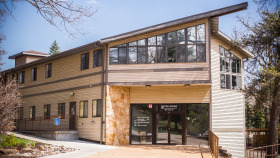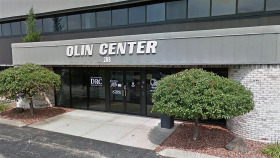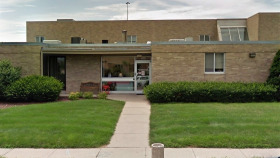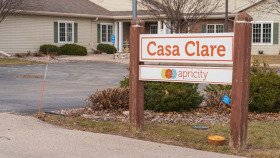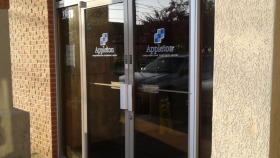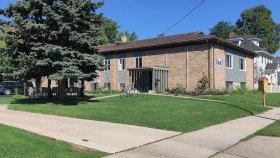Expert Insights
The National Institutes of Health (NIH) recently established a national research network meant to evaluate harm reduction services. This new network includes nine research studies, one of which will be conducted at the University of Wisconsin–Madison. The University of Wisconsin–Madison School of Medicine and Public Health’s Dr. Ryan Westergaard will head up a team of researchers to test the effectiveness of remote tools like overdose prevention hotlines and secure smartphone applications designed to improve access to harm reduction services in urban and rural regions of Wisconsin.
~ Lesley Wirth
How Expensive is Drug Rehab in Madison?
The cost of drug and alcohol rehab in Madison depends upon several factors. Inpatient tends to be more expensive than outpatient because you receive more intensive treatment plus room and board. The length of the program also affects the cost.
In addition, the cost of care climbs with its amenities, such as recreational facilities (pool, tennis courts, etc.), the exclusiveness of the facility, and the breadth of treatments offered (equine therapy, meditation, yoga, art therapy, nutritionists, etc.).
There are rehabs that take private insurance, Medicaid, and Medicare. If you have private insurance, please call the number on the back of your card to verify how much it covers.
Madison also has government- and state-funded addiction treatment centers that are less expensive. Please call one of our specialists for help finding a facility that meets your needs and financial situation.
How Does Madison Compare in Alcohol and Drug Use?
Madison, Wisconsin, topped the list of best small to mid-sized U.S. cities to live in, according to Livability’s 2021 poll. This was due, in part, to Madison’s strong economy, quality healthcare, affordable housing, and many amenities. Plenty of outdoor recreation and Madison’s scenic location between Lakes Mendota and Monona add to its appeal. But Madison shares the rest of the nation’s troubles with alcohol and drug abuse or substance use disorders (SUDs). If you are struggling with addiction, there are more than 15 accredited alcohol and drug rehab centers in Madison that can get you on the path to recovery.

In 2019, about 24% of people in Wisconsin admitted to binge drinking in the last month

About nine out of every 10 residents admitted to illicit drug use in the previous month.

In 2020, Dane County reported 225 alcohol-related deaths and 138 drug overdose deaths.

Nearly nine out of 10 people who died from drug overdoses had opioids in their system.
For 2020, Dane County reported 225 alcohol-related deaths and 138 drug overdose deaths. Drug overdose deaths increased by 39% over the number of deaths in 2016. Nearly nine out of 10 people who died from drug overdoses had opioids in their system. Fentanyl, a potent synthetic opioid, was a frequent culprit.
Nearly 78% of people who died from drug overdoses were white and 16% were Black. Even though fewer Black people died overall, they were three times more likely to die from drug overdoses than white people based on Dane County’s demographics.
Drug and Alcohol Laws in Madison
Wisconsin Good Samaritan Law: This law protects people who render emergency care from prosecution. It includes helping someone who has overdosed on drugs. Under this law, if you call for emergency medical help after using drugs, you can’t be tried in court for possessing drugs or drug paraphernalia.
Fair Employment: Under the Wisconsin Fair Employment Practice Act (General Statute 111.31), an employer can’t discriminate against a person with a disability. Disabilities include SUDs.
Dane County Courts: Adult drug court, operating while intoxicated (both alcohol and drug intoxication) courts, and veterans treatment court provide alternatives to punishment for people charged with non-violent drug or alcohol-related felonies. After treatment, sentences may be reduced or eliminated.
Resources
- Public Health Madison and Dane County. (2022). Drug Overdose Deaths in Dane County, Annual Report.
- Wisconsin Department of Health Services. (2022). Substance Use: Care and Coverage.
- Centers for Medicaid and Medicare Services. (2021, November 12). 2022 Medicare Parts A & B Premiums and Deductibles.
- National Committee for Quality Assurance. (2022). NCQA Health Insurance Plan Ratings 2019-2020.
- Substance Abuse and Mental Health Services Administration. (2022). Methadone.
- National Alliance on Mental Illness. (2021). Buprenorphine/Naloxone (Suboxone).

